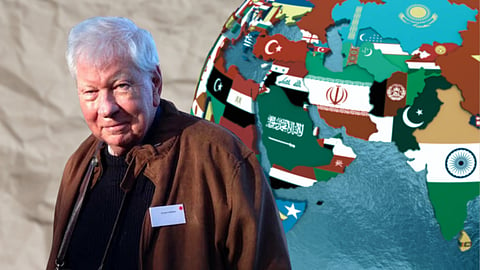RW Johnson on Middle Eastern Realpolitik (Pt2) where little is as it seems.
RW Johnson uncovers the intricate dynamics of the India-Middle East Economic Corridor and its potential to reshape global trade. The Oxford Don explores the Gulf's transformation into a major immigration hub and India's economic ties with the Gulf Cooperation Council and delves into Israel's pivotal role, marked by a burgeoning trade agreement with the UAE, substantial energy discoveries, and its emergence as a technological powerhouse. RW uncovers how Israel's strategic position and advanced capabilities position it as a key player in the evolving landscape of international relations.
Sign up for your early morning brew of the BizNews Insider to keep you up to speed with the content that matters. The newsletter will land in your inbox at 5:30am weekdays. Register here.
Realpolitik in the Middle East II
By R.W. Johnson
In an earlier article I pointed out the significance of the proposed IMEC (India-Middle East Economic Corridor) scheme which looks likely to transform not only Indian trade with Europe but the economics and politics of the Middle East. It is worth pointing out that the Gulf is now the world's second biggest immigration corridor (after the Mexico-US border). Already the migration there of Indians has become a dominant factor – Indians now provide 30% of the Gulf workforce. In many Gulf states the Indian population is a large share of the total:
___STEADY_PAYWALL___

